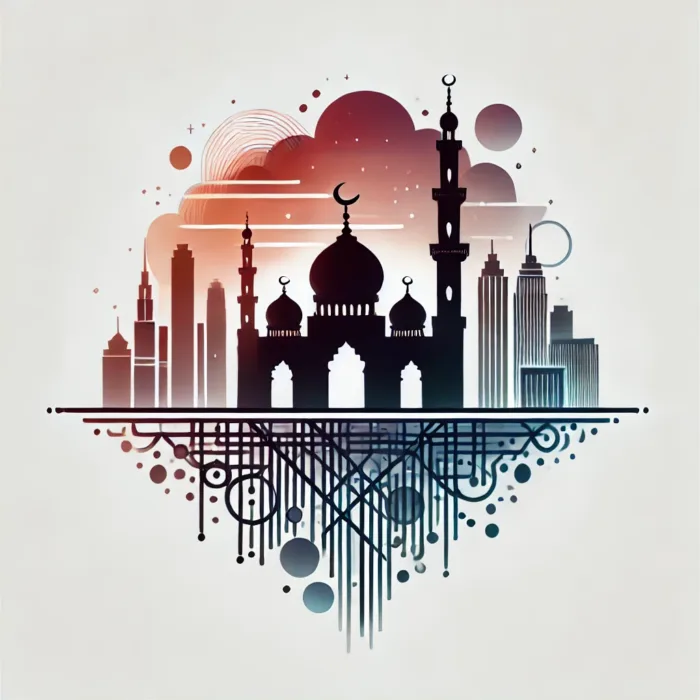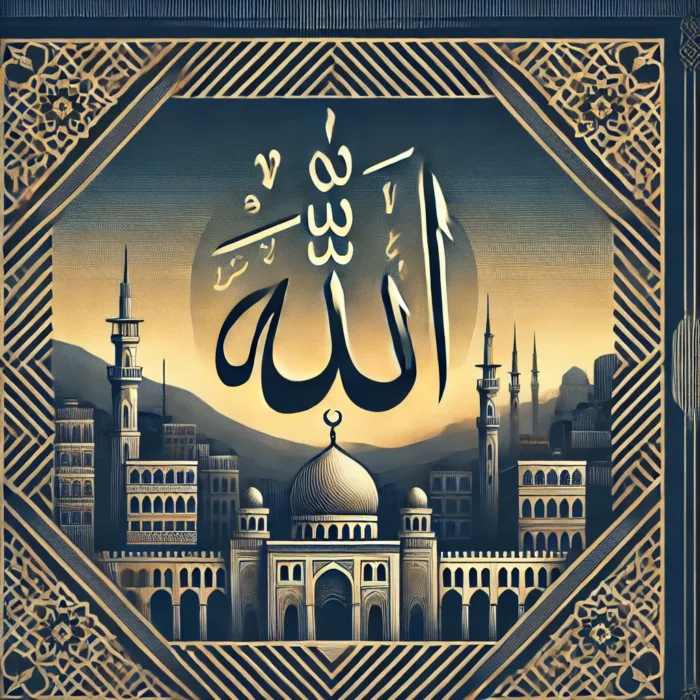Table of Contents
Governing Constants: What Democracy Never Puts to Vote
When examining democratic principles in the United States, the four-year election cycle does not include votes on fundamental matters like “Should the nation adopt capitalism or socialism?” or “Should Israel be considered a friend or enemy?” Such questions remain outside the electoral process. This observation comes from Professor Tariq Khamis’s podcast “From Gaza to Damascus: The Nation’s Long Road“, which offers valuable insights into this matter.
The democratic system operates within established parameters, creating a framework that guides the voting process. This framework exists in every democratic nation without exception. Any attempt to challenge these foundational elements can be considered a criminal act against the stability of the state.
Syria’s Democratic Discourse: Between Constants and Divine Authority
Regarding Syria, various headlines appear such as ‘Anticipation in Syria for the Hoped-for Democratic Transition’, ‘How Does Germany Want to Support Democratic Transformation in Syria?’ and ‘Syria Relies on the National Conference for a Democratic Future’. These statements about democracy create a misconception that citizens could vote on choosing between Islam or secularism as the governing system. This represents either a lack of understanding or deliberate misrepresentation, as democratic systems operate only after establishing fundamental constants.

Democratic processes do not determine these foundational principles through majority opinion. Even established democratic nations follow this pattern – they first establish their constants and framework, then conduct voting on specific issues within those boundaries.
This discussion extends beyond recent events involving Western nations’ responses to protests against Israel support, or their approach to implementing democracy in Syria. The fundamental issue lies in how democracy conflicts with Islamic principles by placing governance in human hands rather than adhering to ALLAH’s laws. The authority to approve, disapprove, permit, and prohibit belongs exclusively to ALLAH, as stated in the verse:
“Unquestionably, HIS is the creation and the command“1
(Suraat ‘Al-Acraaf, 7:54)
Just as ALLAH created humanity, HE alone commands, forbids, prohibits, allows, permits, and prevents. The reality stands that democracy, even when genuinely implemented, does not truly govern nations. Instead, it serves as an instrument for politicians, wealthy capitalists, and media entities to control populations, as detailed in the article ‘Illusion of Freedom’.
Western Double Standards: Democracy’s Constants at Home vs. Syria
This discussion highlights another perspective: even when democracy is strictly implemented by its adherents, it does not involve voting on fundamental principles or constants. Yet, Western powers interfering in Syria with colonial superiority, along with their supporters who raise ‘secularism’ banners in Syrian territories, present democracy as if it means voting on the state’s essential nature and constants: ‘Should the nation adopt Islam as the supreme governing reference or secularism?’
The West understands that democratic systems do not encompass such choices, and they prohibit voting on constants in their own nations. However, they manipulate Syria by suggesting that both the constants and governance reference should be subject to vote, while imposing one non-negotiable condition: the prohibition of establishing Islamic governance in Syria, as Western politicians openly declare.
Those who support their calls for secularism are either knowingly assisting their deception or unknowingly misunderstanding democracy’s true nature. Even in democratic systems, governing principles are protected and maintained through force. America’s adoption of capitalism did not occur through voting, nor did its theoretical abolition of slavery – these changes emerged through force and revolutionary actions.
Who Has the Right to Determine Syria’s Constants?
Who holds legitimate authority to determine Syria’s constants today? Is it those who remained silent under the previous regime – from entertainers to establishment owners – who now loudly advocate for ‘secularism’? Can it be those who previously engaged in oppression and their sectarian supporters who remained silent about crimes against Sunni people, even fostering hatred that led to their persecution?
Does this right belong to the international system? The same system that supported the previous regime’s legitimacy before its collapse, secretly provided chemical weapons while publicly condemning their use, then swiftly proclaimed after the regime’s fall: ‘we oppose any attempt to implement Islamic principles in Syria’s education and judicial systems’?
Or does this right belong to the Sunni Muslim community and its fighters who liberated the country in ALLAH’s name and purified it from corruption through their devotion to ALLAH? After such sacrifice, it seems inconceivable they would govern by any law other than ALLAH’s, whose aid they sought. Are not these the rightful authorities, along with those who contributed to this victory through action, education, advocacy, and support?
Do not the rights belong to those who were forced to migrate, expelled from their homes, and suffered for ALLAH’s cause – not for secularism? Those who prayed before battles: ‘O ALLAH, allow us to free our honorable sisters from oppressors’ prisons, O ALLAH, release our prisoners‘? Did they fight and seek ALLAH’s help only for the country to be governed by secularism?
Islam’s Complete Liberation: Beyond Political Transitions
Syria suffered under the ignorance of the previous regime and its predecessor, making it unacceptable to transition into another form of ignorance or restrictions imposed by international systems, such as secularism. Islam, which guided the fighters to liberate Syria from criminal elements because it aims to free humans from servitude to others toward exclusive worship of ALLAH alone, is the same Islam that commanded them to establish ALLAH’s law in liberated territories, thus completing the journey of liberation from all forms of servitude except to ALLAH.
The Islamic system stands as one complete entity. The suggestion that the country’s liberators and their supporters should share equal standing with those who remained silent during the previous regime’s rule, or those who assisted it directly or indirectly, appears trivial even regarding matters beyond the constants:
“Then will WE treat the Muslims like the criminals? What is [the matter] with you? How do you judge?“2
(Suraat ‘Al-Qalam, 68:35-36)
This represents an absurd and unjust equivalence. The situation becomes even more problematic when manipulation occurs and these same individuals are invited to participate in establishing the foundational constants themselves.
Breaking Free from the Minority Complex: Syria’s Islamic Identity
A peculiar and ironic observation emerges when discussing Islamic governance in Syria – the discourse often proceeds as if addressing a Muslim minority seeking accommodation in a Western nation, similar to four million Muslims among three hundred and thirty-five million Americans requesting implementation of Islamic Sharia law in America.

Society has been conditioned so that Muslims, when a minority, must adopt a minority mindset, and when a majority, must still maintain this minority perspective – remaining fearful, hesitant, and apologetic about desiring to govern by their faith. As ALLAH states:
“And judge, [O Muḥammad], between them by what ALLAH has revealed and do not follow their inclinations and beware of them, lest they tempt you away from some of what ALLAH has revealed to you. And if they turn away – then know that ALLAH only intends to afflict them with some of their [own] sins. And indeed, many among the people are defiantly disobedient. Then is it the judgement of [the time of] ignorance they desire? But who is better than ALLAH in judgement for a people who are certain [in faith]“3
(Suraat ‘Al-Maa’idah, 5:49-50)
Assalamu Alaykum.
Source:
- Dr. Eyad Qunaibi. الدعوة للديمقراطية في سوريا والاستهبال الغربي. YouTube Video.

